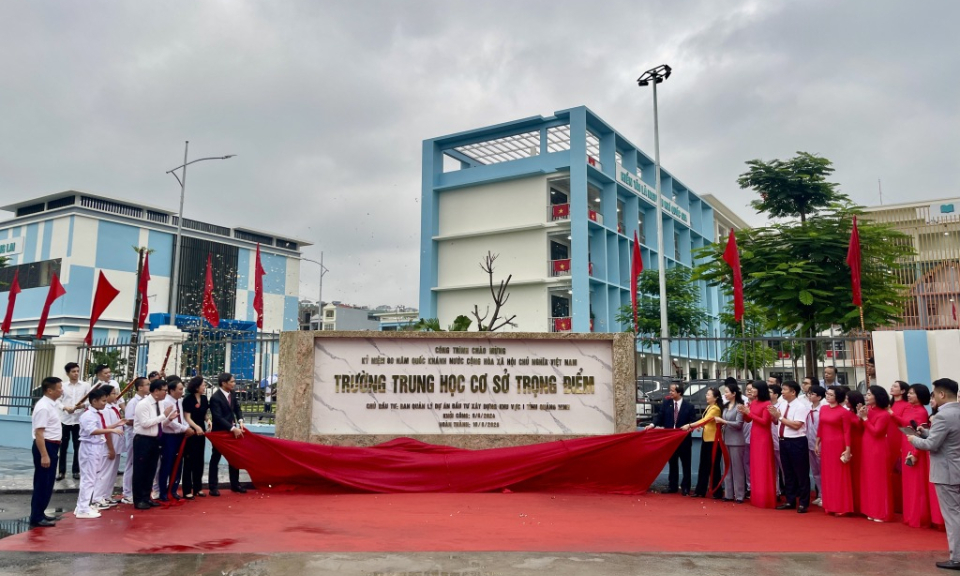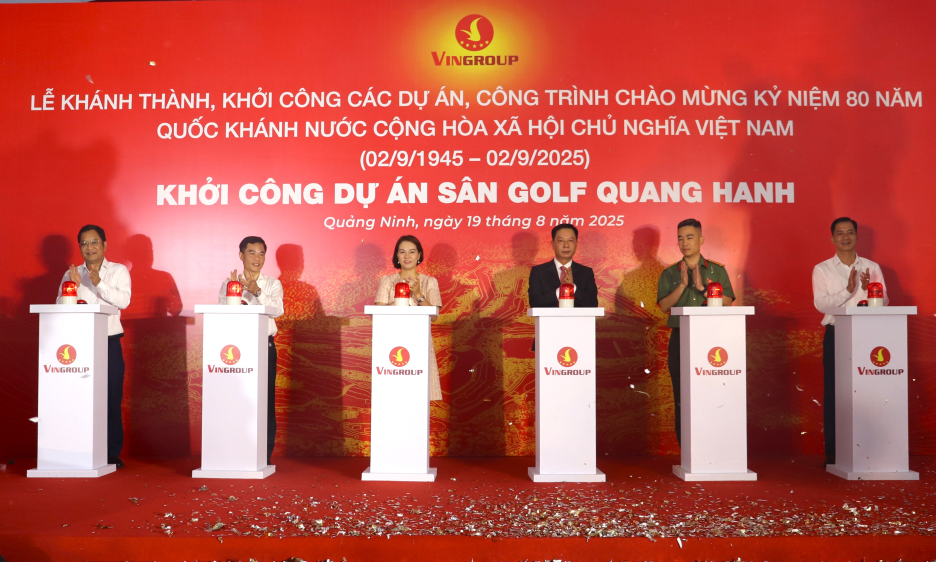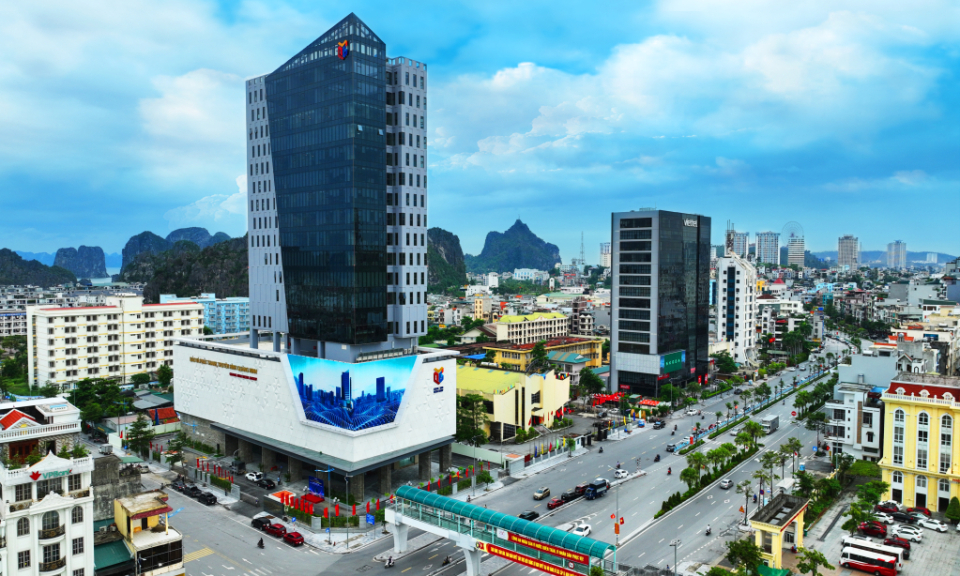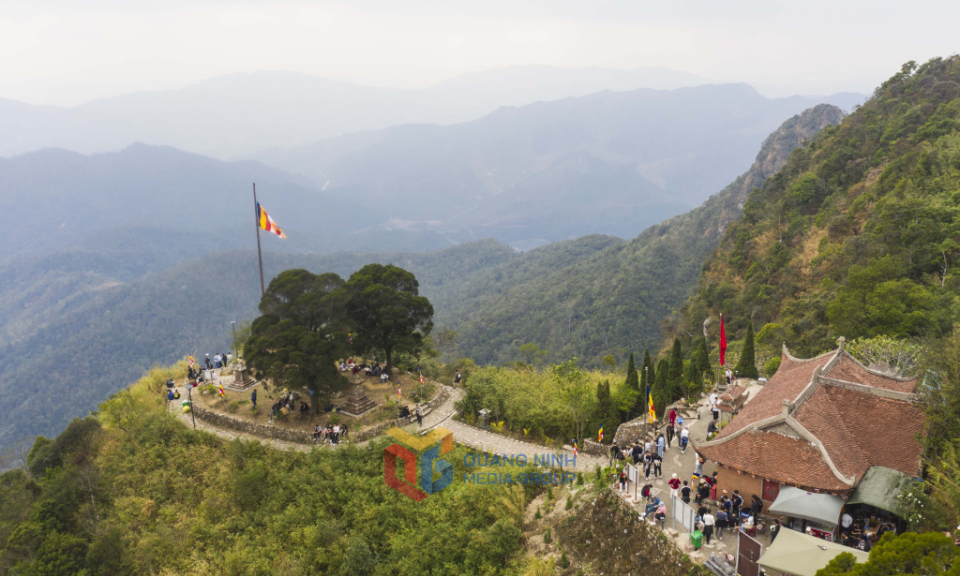National action plan for circular economy to be set up
The Ministry of Natural Resources and Environment on Tuesday chaired a conference to discuss a national action plan for Việt Nam's circular economy.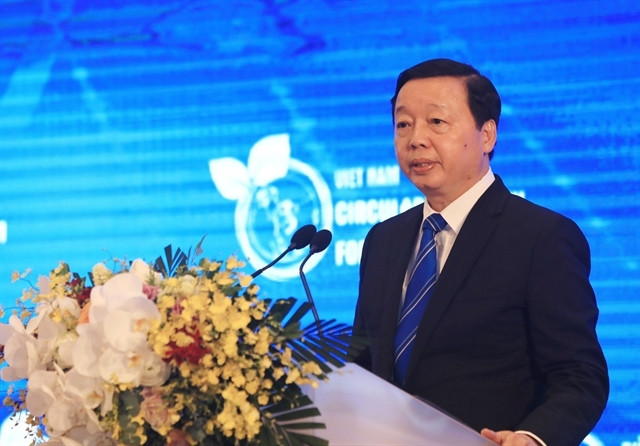
Speaking at the conference, Minister of Natural Resources and Environment Trần Hồng Hà said that climate change, environmental pollution and natural ecosystem decline were crises for humanity today.
Last month, the World Meteorological Organisation released four key indicators of climate change, including greenhouse gas concentrations, sea level rise, ocean heat and ocean acidification. The indicators set new records in 2021, showing that human activities are causing planetary-scale changes on land, in the oceans, and in the atmosphere, with serious and lasting consequences for sustainable development and ecosystems.
“This is the consequence of the unsustainable model: resource extraction - production - consumption and finally disposal into the environment, which has occurred over the past 150 years,” said Hà.
“The United Nations warns that by 2030, if this economic model continues, demand for resources will triple, beyond the Earth's supply capacity and the amount of waste will exceed the load capacity of the environment. If we act late, we will miss a valuable opportunity to ensure that the Earth is habitable and maintain a sustainable planet for all in the future," he said.
Therefore, Hà believes the urgent requirement is to have a more efficient economic model for resource use, climate change prevention, pollution reduction and preventing environmental degradation.
Implementing the circular economy will initially face certain difficulties when Việt Nam lacks policies and technology for recycling and reuse.
"But, with the participation of the entire political system and the response of the whole society, in which enterprises and people are the driving force, we believe that it can be conducted soon,” said Hà.
To promote the circular economy, he proposed to concretise the Law on Environmental Protection, especially articles on the responsibilities of manufacturers and distributors when collecting, sorting and recycling waste products.
The State should promulgate policies to promote the environmental industry, including the recycling sector. It should also have a roadmap to replace fuels and products using poisonous materials and disposable products with environmentally friendly fuels and materials.
It is necessary to integrate the circular economy into strategies and master plans for the development of urban areas, industrial parks, export processing zones and thermal power centres.
Hà proposed to raise awareness of the business community and people on the circular economy and their responsibility of sorting waste at its source for recycling and reuse, calling for them to use environmentally friendly products.
Caitlin Wiesen, United Nations Resident Representative in Việt Nam, suggested to achieve an inclusive and low-carbon circular economy, Việt Nam needed to reduce fossil fuels and increase renewable energy, promoting sustainable production and consumption.
She emphasised that economic recovery from COVID-19 provided a historic opportunity to shift direction to a more inclusive and sustainable development model.
During the conference, domestic and international experts discussed successful circular economy models in the world and in the region and then identified suitable models that can be applied in Việt Nam.

